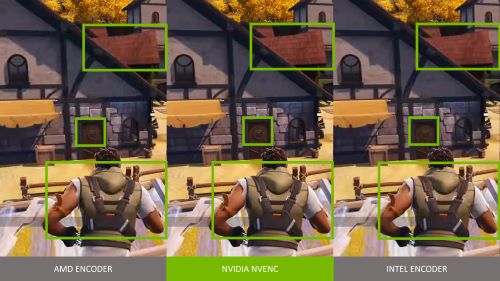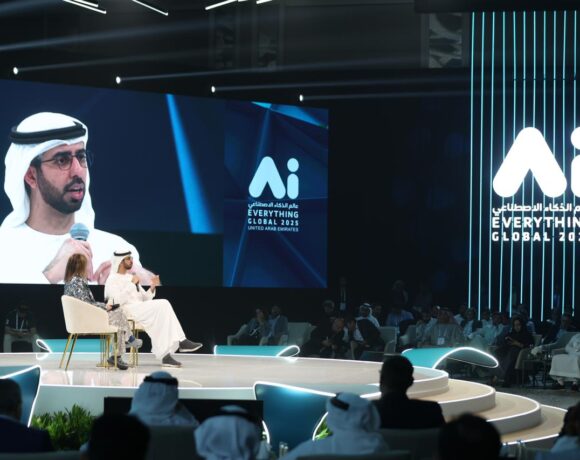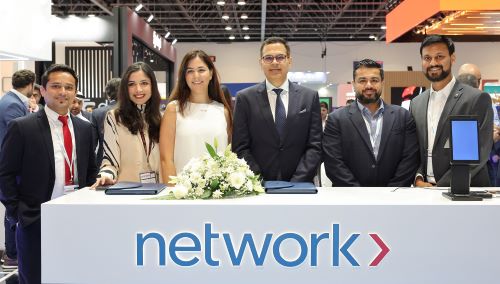WEF’s Edison Alliance accelerates global digital inclusion

Impacting over a billion lives
The Edison Alliance, an initiative launched by the World Economic Forum (WEF), has connected over one billion people worldwide to essential digital services, including healthcare, education, and finance.
This milestone has been reached ahead of the Alliance’s initial target of 2025. The programme spans over 100 countries and has united more than 200 partners from diverse sectors, including the public and private sectors, academia, and civil society, to develop innovative solutions promoting digital inclusion.
Despite the ongoing digital revolution, around 2.6 billion people still lack internet access, hindering their ability to engage with critical services. This digital exclusion impacts individual lives and presents significant economic challenges for countries, especially in the developing world. The Edison Alliance aims to address this gap by ensuring that more people gain access to digital tools that are becoming essential for navigating the modern world.
“Ensuring universal access to the digital world is not merely about connectivity, but a fundamental pillar of equality and opportunity,” said Klaus Schwab, Founder and Chairman of the World Economic Forum.
“Let us reaffirm our commitment to ensuring that every individual, regardless of geographic or socioeconomic status, has access to meaningful connectivity.”
Substantial strides
The Alliance has made substantial strides in regions like South Asia and Africa, where its projects have directly impacted millions of lives. In Madhya Pradesh, India, the Edison Alliance facilitated the Digital Dispensaries initiative, a collaboration between Apollo Hospitals Group and a US telecom infrastructure provider.
This partnership aims to deliver high-quality, affordable healthcare, improve patient engagement, address gender health disparities, and optimise patient convenience. Its success has made it a scalable model for delivering patient-centric healthcare digitally.
Other notable initiatives include digital economy programmes in Rwanda, which focus on digitalising the economy to enhance financial inclusion, and blended learning programmes in Bangladesh, designed to bridge the educational divide by integrating digital tools into the classroom. In Pakistan, the Alliance has worked on addressing financial exclusion by providing more people with the tools to access financial services, including mobile banking.
Hans Vestberg, Chair of the Edison Alliance and CEO of Verizon, emphasised the global importance of digital inclusion, stating, “Everybody, no matter where they were born or where they live, should have access to the digital services essential for life in the 21st century.
“Making sure everybody can get online is too big a challenge for any company or government, so the Edison Alliance brings people together to find practical, community-based solutions that can scale globally.”
The Alliance has highlighted the massive economic potential of digital inclusion, with over 70% of its beneficiaries based in developing countries. A new analysis revealed that achieving universal internet access by 2030 could require an investment of $446 billion, but the benefits for developing countries could reach up to $8.7 trillion. This underscores the importance of digital access in boosting economic growth and improving the quality of life for individuals and communities.
While the initial goal of reaching one billion people was set for 2025, the Alliance surpassed this target early, showcasing the effectiveness of its diverse partnerships and the practical impact of its initiatives. This achievement reflects the growing global effort to close the digital divide and make essential services accessible to all.
The Edison Alliance is also focused on the evolving technological landscape. With the rapid growth of artificial intelligence and other emerging technologies, the Alliance is committed to ensuring that marginalised communities are not left behind.
To build a more inclusive digital future, it aims to expand digital access further, foster innovation, and address the digital gender gap, particularly in developing countries.
As the world becomes more interconnected, initiatives like the Edison Alliance are crucial in ensuring everyone can enjoy the benefits of the digital age.
Hero image: Achieving universal internet access by 2030 could require an investment of $446 billion. Credit: Andrea Piacquadio












